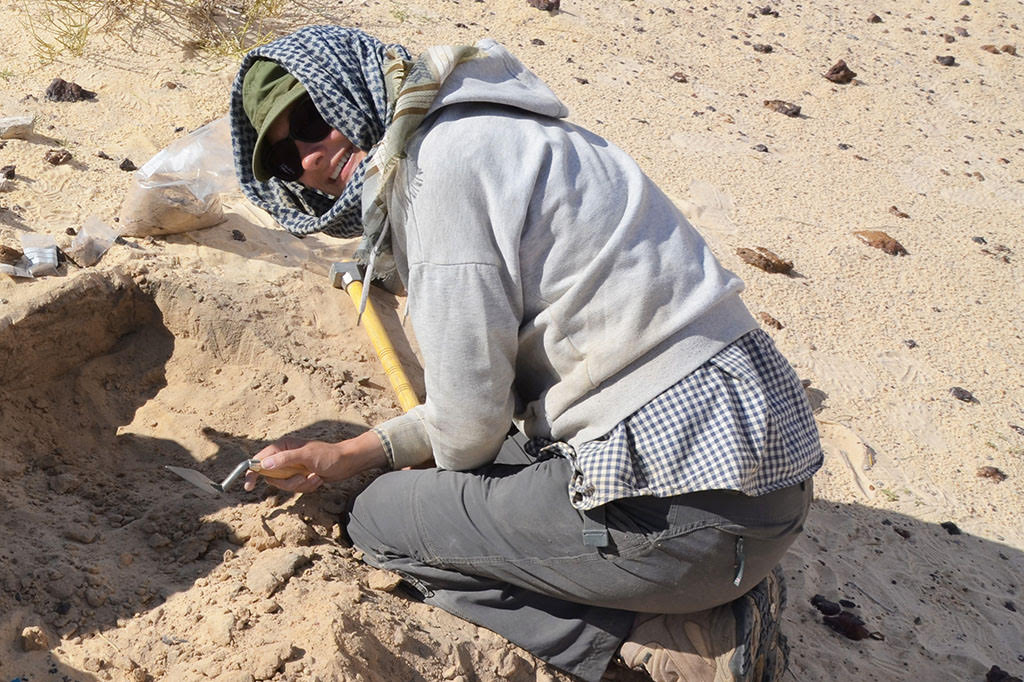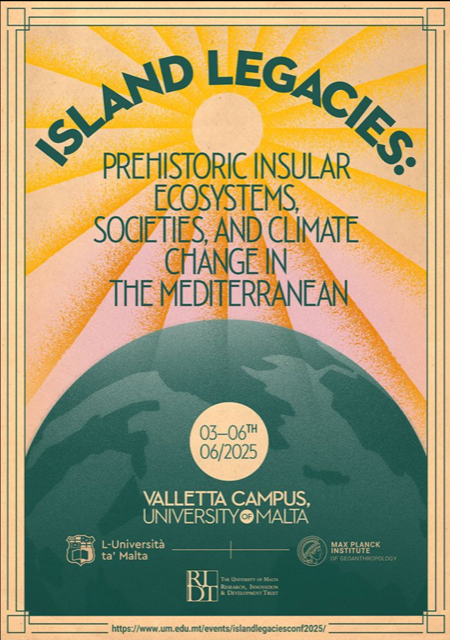The Maltese Islands once hosted unique miniaturised megafauna, such as pygmy elephants and giant swans, but many questions remain about their extinction, coexistence, origins, and ecological impact, and Eleanor Scerri aims to uncover these mysteries through collaborative research.
Prof. Scerri is supported by a National Geographic Grant, one of only ten awarded globally. It follows on from a €1.5 million European Research Grant, to invest in an ongoing programme of research that is “transforming what we know about the deep past of our islands,” read a statement from the University of Malta's Research Innovation and Development Trust (RIDT).
Prof. Scerri, together with colleagues at the University of Malta, Heritage Malta (Natural History), and the Superintendence of Cultural Heritage, is investigating Maltese natural history and the transformation from pristine natural systems to human dominated landscapes.
As a National Geographic explorer, Prof. Scerri aims to invest more of her energy and scientific focus on the Maltese Islands.
"Malta has a unique history," said Prof. Scerri, "it featured a unique iconic miniaturised megafauna, but we still know very little about these animals.

Professor Eleanor Scerri on-site
“We'd like to clarify when these animals lived, which ones lived at the same time, and why they died out. We'd also like to understand the ecosystem impacts of the loss of these animals, and later on, when humans arrived, how they began to transform landscapes and ecosystems. This investment in our research programme will allow us to answer these questions."
As the work of Prof. Scerri and her team of scientists and collaborators work together to address these issues, together with Professor Nicholas Vella of the University of Malta's Classics and Archaeology Department, they have organised a flagship conference in order to disseminate results with both the public and the global scientific community. Funded by the RIDT and the Max Planck Institute, the conference is entitled "Island Legacies: Prehistoric Insular Ecosystems, Societies, and Climate Change in the Mediterranean".

The Island Legacy conference poster
The conference will bring together internationally leading scientists and researchers working on similar questions across all Mediterranean Islands, with the goal of using knowledge of the past to bring to bear on present challenges being faced by Mediterranean island communities.
"We hope to be able to share the first results of our work at the conference," said Prof. Scerri.
She added that scientific work requires considerable time due to the extensive independent analyses needed to verify or reject hypotheses. She noted that their research programme is beginning to yield results, and the new investment from the National Geographic Society will enable them to expand their efforts and conduct advanced scientific analyses. These investigations are expected to shed light on the currently unclear deep history of the Maltese Islands.
She also expressed excitement about the potential discoveries and their relevance to addressing the local impacts of the ongoing climate and biodiversity crisis.
Main Image:
